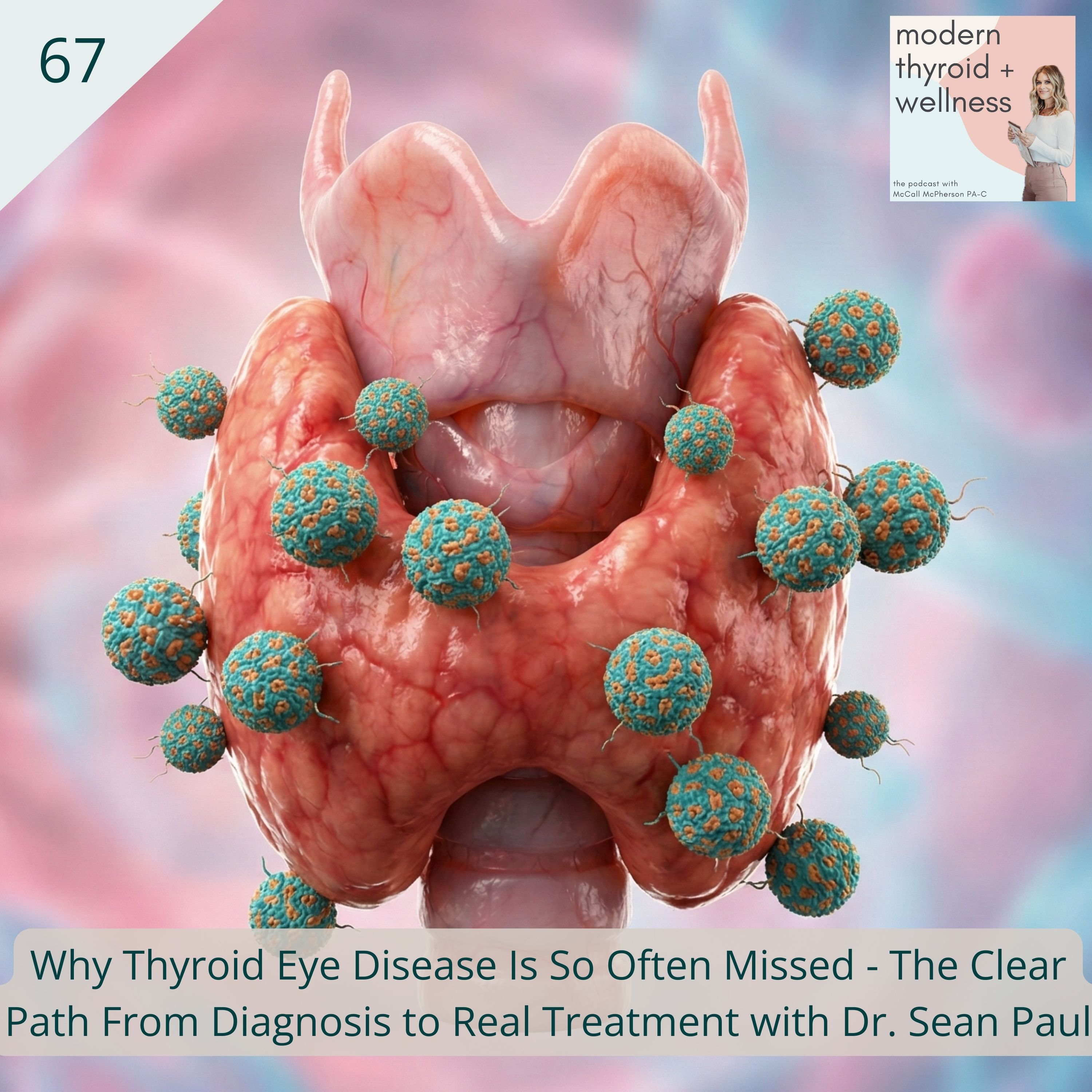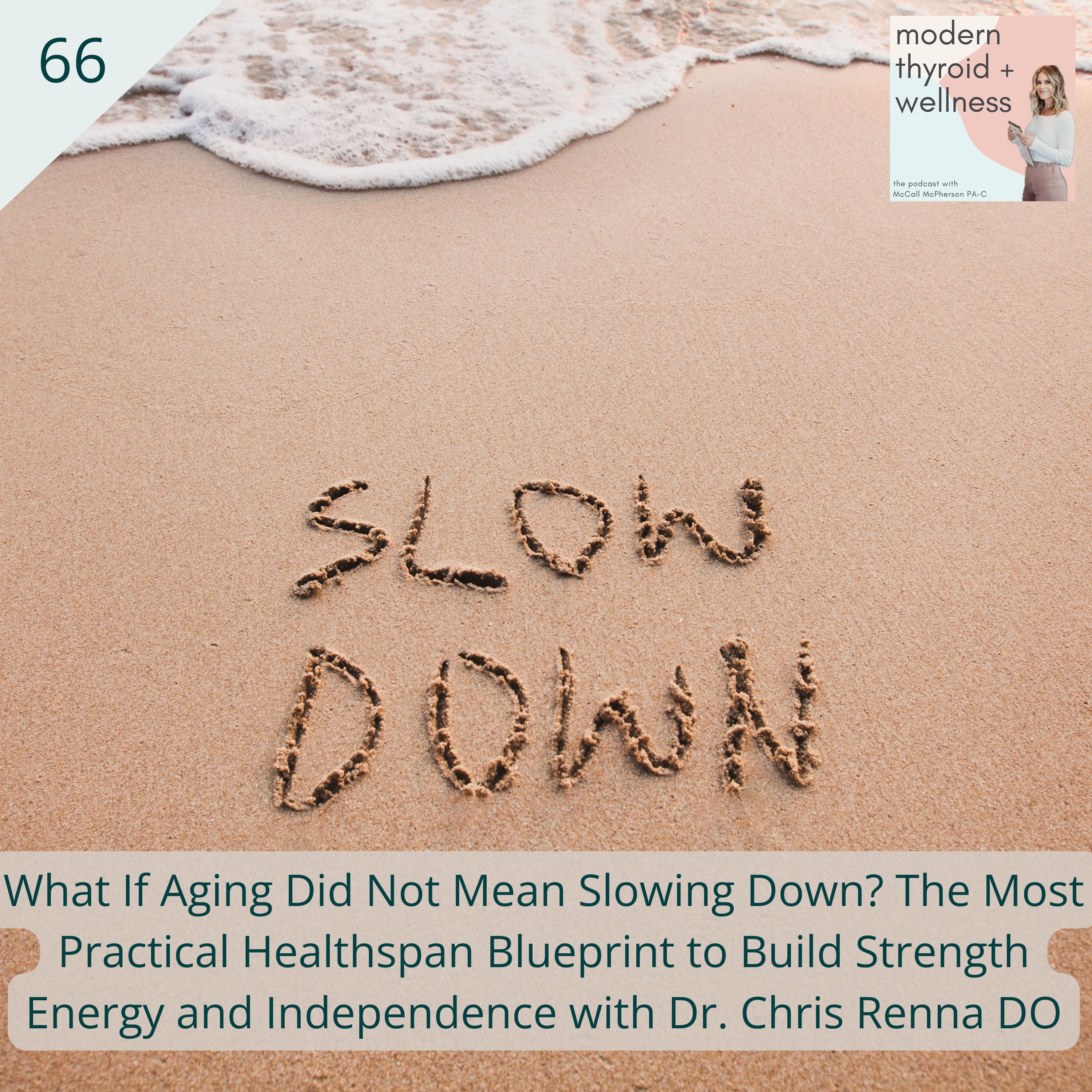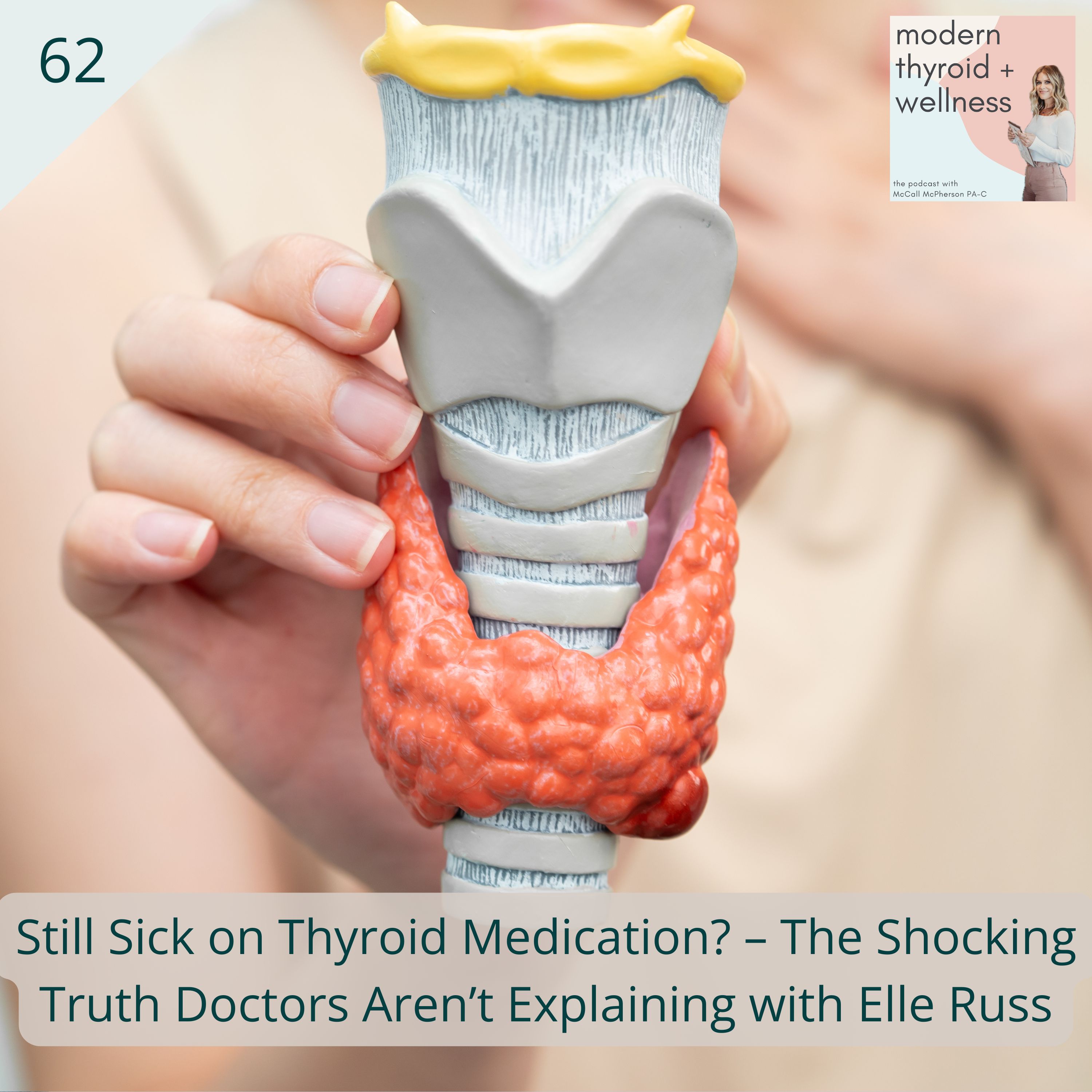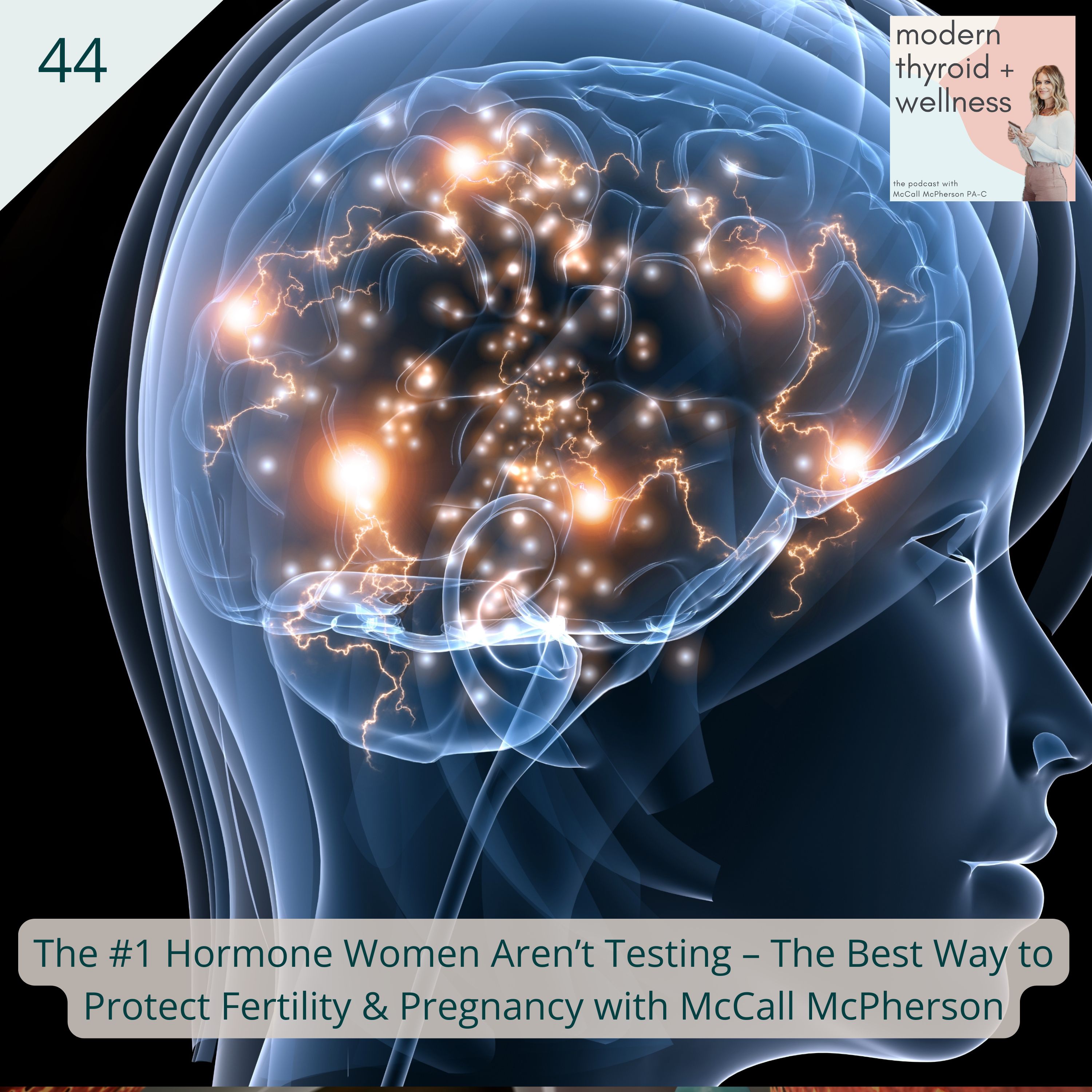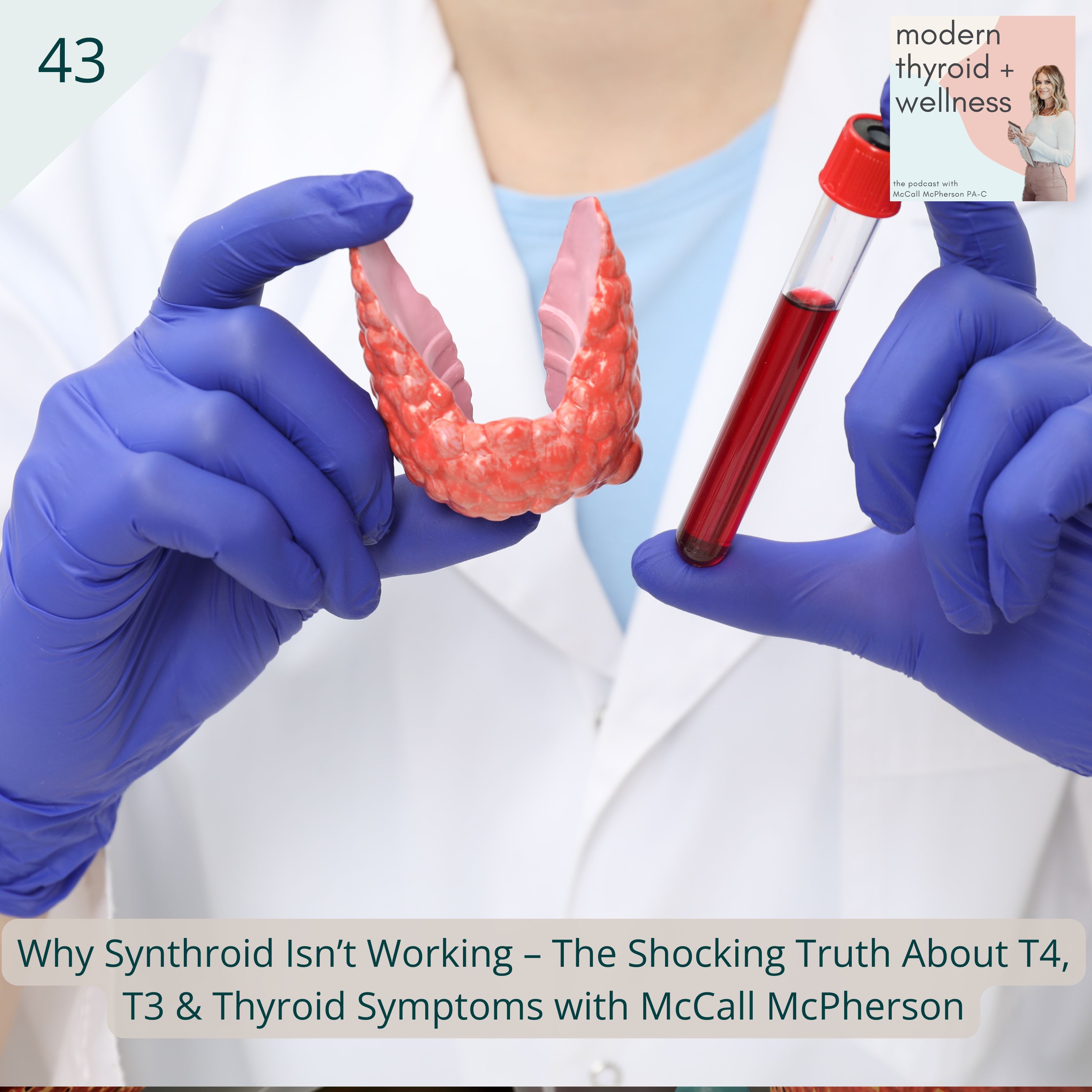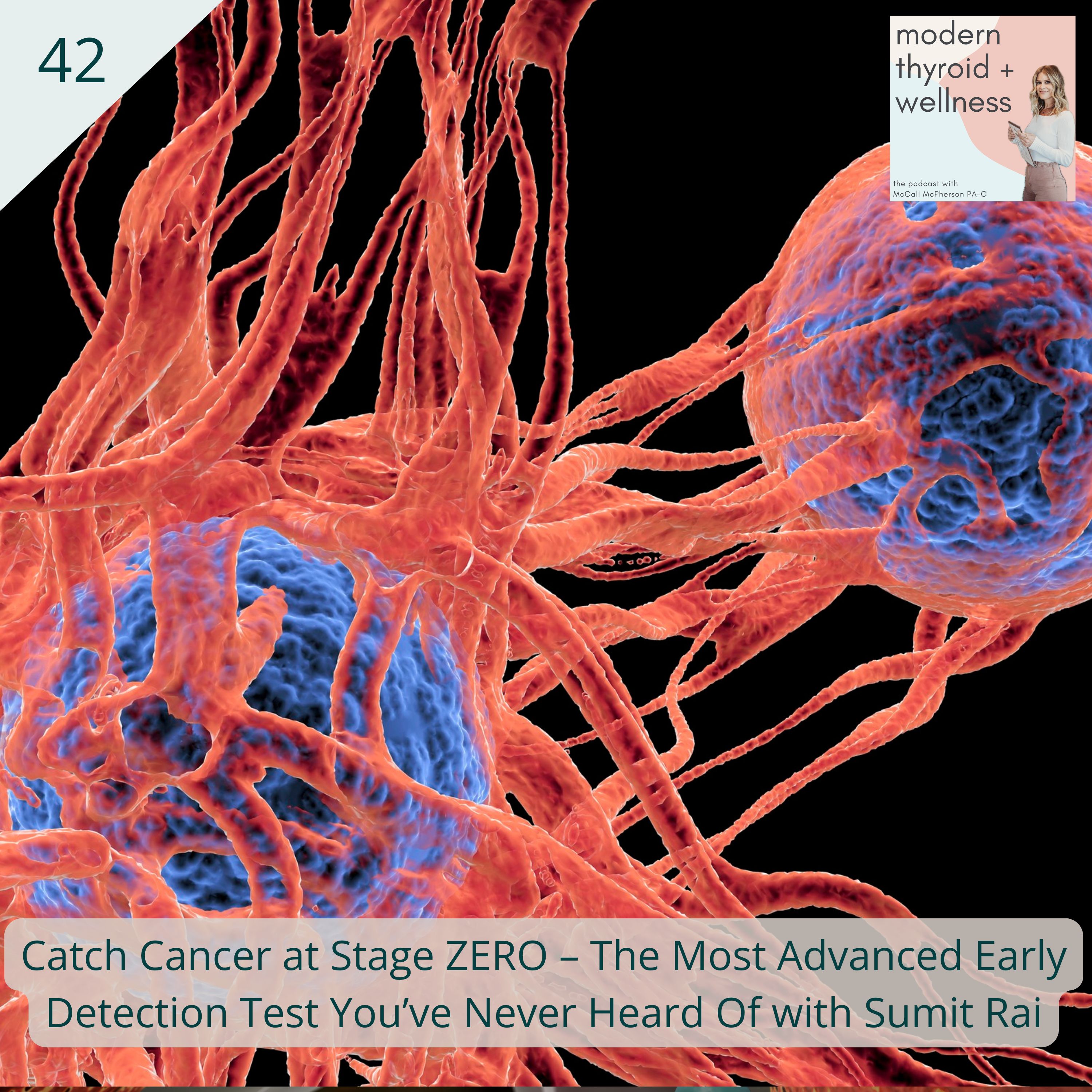Unlocking the Mysteries of Hashimoto’s: Expert Strategies for Thyroid Health, Weight Loss & Personalized Care
Hashimoto’s disease remains one of the most misunderstood and mismanaged conditions in modern medicine. In a recent podcast episode, host McCall McPherson spoke with Inna Topiler, a renowned clinical nutritionist, founder of Complete Nutrition and Wellness, and creator of Thyroid Love supplements. Together, they unpacked the complexities of Hashimoto’s, discussed the challenges surrounding thyroid medication access, and shared actionable advice to help patients reclaim their health.
Whether you’re newly diagnosed or have been managing Hashimoto’s for years, this guide distills their conversation into clear strategies, key takeaways, and practical steps to support your thyroid health.
1. Understanding Hashimoto’s: More Than Just a Thyroid Problem
Hashimoto’s thyroiditis is an autoimmune disease in which the immune system attacks the thyroid gland, gradually reducing its ability to produce hormones.
Two critical realities:
- Conventional medicine often treats it solely as a hormone deficiency, prescribing thyroid medication and waiting for the gland to fail.
- A functional approach addresses both the immune system attack and the resulting hormone imbalance.
Key takeaway:
If you only replace hormones without calming the immune attack, the destruction continues—leading to increasing medication needs and persistent symptoms.
2. The Four Main Triggers of Hashimoto’s
Inna Topiler identifies four core triggers that fuel the autoimmune process:
1. Food Sensitivities & Leaky Gut
- Gluten is a major culprit due to molecular mimicry—the immune system mistakes gluten for thyroid tissue.
- Other triggers: soy, dairy, corn, and certain vegetables depending on individual sensitivity.
- Action: Consider an elimination diet and focus on gut healing with probiotics, bone broth, and nutrients like glutamine.
2. Chronic Infections
- Hidden infections like H. pylori, candida, or Epstein-Barr virus can keep the immune system overactive.
- Action: Test and treat underlying infections; support immunity with rest, targeted supplements, and stress reduction.
3. Toxins
- Heavy metals, pesticides, mold, and environmental chemicals burden the liver, especially in hypothyroidism.
- Action: Minimize exposure, filter water, avoid plastics, and support gentle detoxification.
4. Stress (Physical & Emotional)
- Includes emotional stress, unstable blood sugar, toxins, and chronic illness.
- Action: Balance meals, practice mindfulness, get adequate sleep, and maintain stable blood sugar.
3. First Steps if You’re Newly Diagnosed
Overwhelm is normal—start small:
- Stress Management – Even 5 minutes of breathing or gratitude journaling daily helps.
- Blood Sugar Balance – Eat every 3–4 hours with protein and healthy fats.
- Hormone Optimization – Work with a provider who knows optimal ranges, not just “normal” ones.
4. Why Weight Loss is So Hard with Hashimoto’s
Hashimoto’s creates a triple challenge:
- Low T3 hormone slows metabolism.
- Chronic inflammation makes fat loss harder.
- Blood sugar issues and insulin resistance add to the difficulty.
Solutions:
- Ensure both T4 and T3 are optimized.
- Eat protein-rich, balanced meals.
- Use gentle exercise and avoid overtraining.
5. Nutrients That Make a Difference
Beneficial:
- Selenium (200 mcg/day)
- Zinc
- Myo-inositol (especially with selenium)
- Iron (check full iron panel, not just ferritin)
- Magnesium (supports stress, sleep, and digestion)
- Bioavailable B vitamins (avoid synthetic folic acid/cyanocobalamin)
Caution:
- Avoid high-dose iodine unless supervised—it can trigger flares.
6. The Power of Personalized Thyroid Patterns
Not all hypothyroidism looks the same. Common patterns include:
- Low T3 type – Adequate T4, low T3 conversion.
- High reverse T3 type – Stress or illness shunts T4 into inactive reverse T3.
- T4-only treatment issues – Not addressing T3 needs leaves symptoms unresolved.
Key takeaway: Your treatment plan should be tailored to your unique pattern, labs, and symptoms.
7. The FDA Ban on Natural Desiccated Thyroid (NDT)
Recently, the FDA restricted access to NDT medications, leaving many patients struggling to get the formulas that work for them. Inna stresses patient advocacy—knowing your rights, exploring compounding pharmacies, and working closely with knowledgeable providers.
Final Words: Hope & Healing Are Possible
Hashimoto’s is complex, but with the right combination of immune support, hormone optimization, lifestyle changes, and patience, you can dramatically improve your quality of life.
“Healing comes first—weight loss and symptom relief follow when your body feels safe.” – Inna Topiler
Resources:




